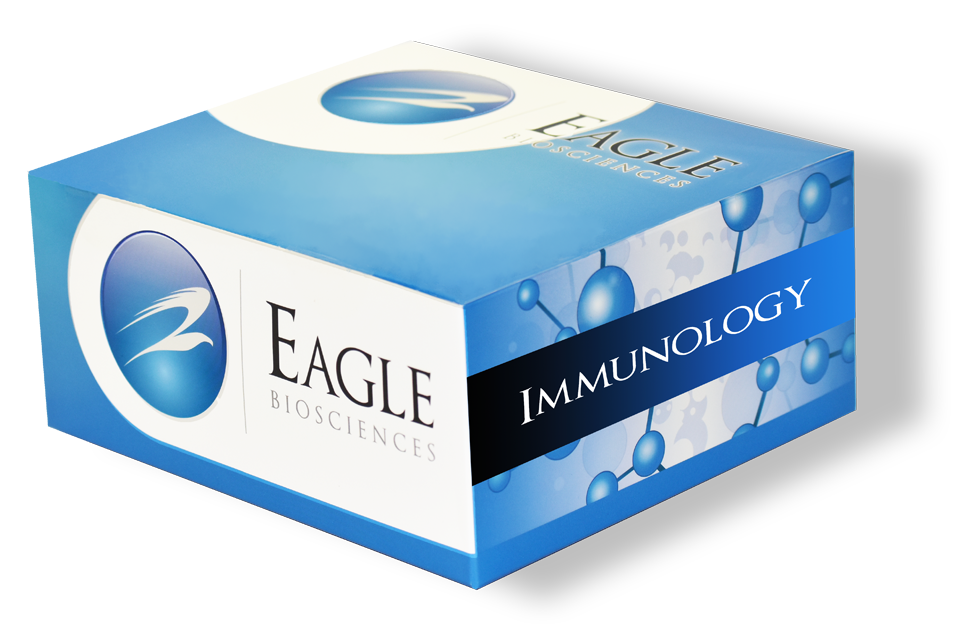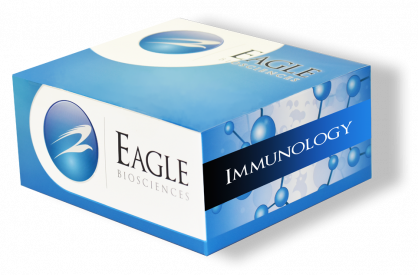Anti-SARS-CoV-2 Spike Protein IgG Quantitative ELISA
The Anti-SARS-CoV-2 Spike Protein IgG Quantitative ELISA is For Research Use Only
Size: 12×8 wells
Sensitivity: 10 AU/ml
Standard Range: 0 – 720 AU/ml
Incubation Time: 2.5 hours
Sample Type: Serum, cell culture supernatant, respiratory specimen and plasma
Sample Size: 100 µL
Alternative Name: Coronavirus, SARS-CoV
Assay Principle
The method employs sandwich ELISA technique. Human SARS-CoV-2 protein is pre-coated onto microwells. Samples and standards are pipetted into microwells and IgG Antibodies to human SARS-CoV-2 (Covid-19) present in the sample are bound by the protein antigen. After incubation the wells are washed and followed by HRP-conjugated Detection IgG Antibody is pipetted and incubated to form a complex. After washing microwells in order to remove any non-specific binding, the substrate solution (TMB) is added to microwells and color develops proportionally to the amount of IgG Anti-Human SARS-CoV-2 (Covid-19) in the sample. Color development is then stopped by addition of stop solution. Absorbance is measured at 450 nm.
Sample Preparation and Storage
Specimens should be clear and non-hemolyzed. Samples should be run at a number of dilutions to ensure accurate quantitation.
Blood is taken by venipuncture. Serum is separated after clotting by centrifugation. Plasma can be used, too. Lipaemic, hemolytic or contaminated samples should not be run. Repeated freezing and thawing should be avoided.
Samples should be diluted 1:5000 (v/v) for optimal recovery, (for example 1 ul sample + 4999 ul sample diluent) prior to assay. In cases where matrix interferences is under or over observed, the samples may be diluted with Sample Diluent accordingly.
The samples may be kept at 2 – 8°C for up to three days. For long-term storage please store at -20°C.
Note: Grossly hemolyzed samples are not suitable for use in this assay
Cell Culture Supernates – Remove particulates by centrifugation and assay immediately or aliquot and store samples at -20℃ or lower temperature. Avoid repeated freeze-thaw cycles. If the use of original supernate sample or low dilution (<5 fold) are necessary due to the expected low concentration of antigen supernates need be adjust to neutral pH condition before assay.
Should you desire to inactivate the virus, use a (5X) Lysis Buffer (optional, not provided). Add 1/5 volume of (5X) Lysis Buffer to sample (i.e. add 50 ul (5X) Lysis Buffer to 200 ul sample). Vortex well.
Related Products
Anti-SARS-CoV-2 Spike Protein IgG Qualitative ELISA
SARS-CoV-2 Antigen Quantitative ELISA Assay Kit
Anti-SARS-CoV-2 IgA (S1 RBD) ELISA Assay


